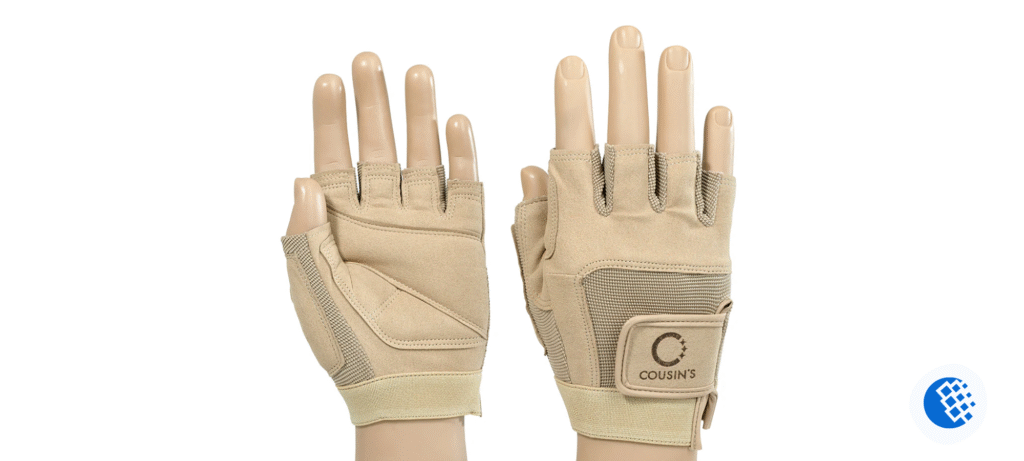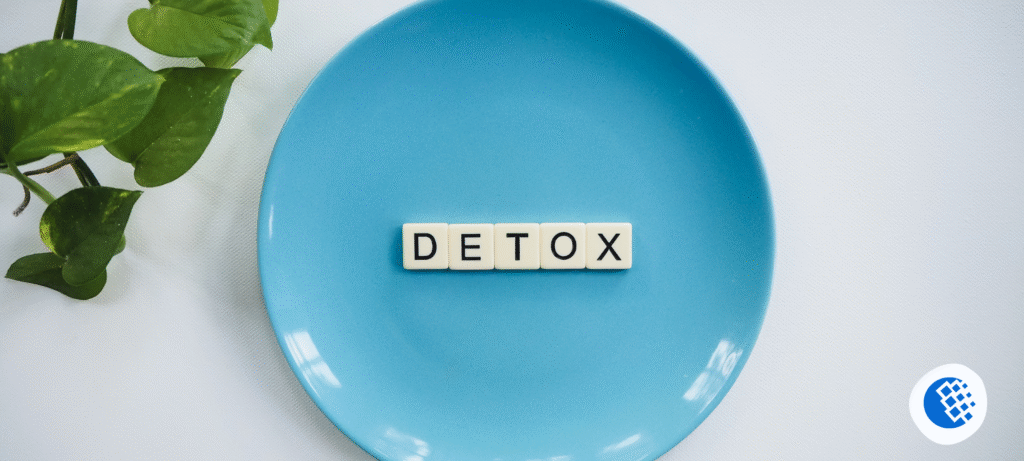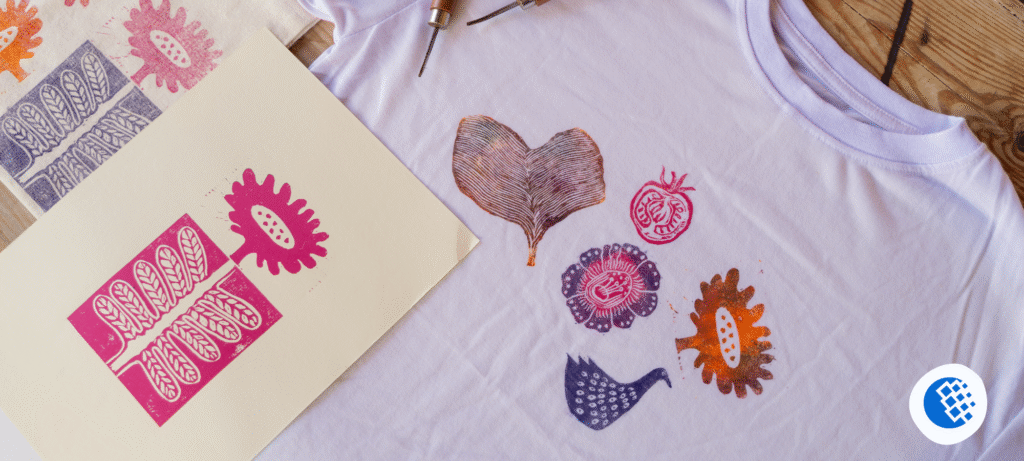Schools aren’t just about textbooks and tests. They’re also about the moments students create on stage, in the gym, or out on the marching field. From theater costumes to choir outfits and marching band uniforms, performance gear plays a big role in how students present themselves and feel during activities.
But here’s the thing: gear doesn’t take care of itself. Teachers and directors often find themselves dealing with lost gloves, wrinkled uniforms, or shoes that fall apart halfway through a season. And while these issues might seem small, they can take away from the confidence students need when performing.
Why Gear Care Matters
Imagine this: the marching band is lined up before a big halftime show. The students are excited, the crowd is buzzing, but one detail stands out – a row of frayed, dirty gloves. It’s a small distraction, but it pulls focus from all the hard work put into the performance.
That’s the hidden lesson of gear maintenance. It’s not just about appearance. When students learn to care for their equipment, they also learn responsibility, discipline, and pride in their role. Plus, proper care helps schools stretch their budgets further. Replacing a full set of gloves or uniforms mid-season can be costly, while prevention is often free.
Common Trouble Spots
- Teachers and program directors often see the same issues crop up:
- Gloves wear out too soon because students never rotate or wash them properly
- Shoes losing shape after being tossed in lockers or left in gym bags.
- Uniform stains from food, grass, or makeup that linger because they weren’t treated quickly.
These problems aren’t dramatic, but they build up over time. Left unchecked, they can affect the overall look and spirit of the group.
Practical Habits That Make a Difference
The good news? Students can avoid most of these issues with a few simple routines. Teachers can help by reinforcing these habits:
- Set clear expectations. Include gear care as part of program rules, just like attendance.
- Create a one-page checklist. Simple reminders go a long way.
- Model the right behavior. Show students how to fold uniforms, store shoes, and clean gloves.
- Use quick reminders. A short announcement at rehearsal can keep everyone on track.
One area that often slips under the radar is how to care for color guard gloves. Students may not realize that gentle washing, rotating pairs, and timely replacement can extend the life of their gloves. Highlighting these small habits ensures the team looks sharp and stays comfortable during long practices and performances.
Teaching More Than Maintenance
Gear care isn’t just about fabric and accessories – it’s about life skills. Students who learn to look after uniforms and gloves are also learning accountability and attention to detail. Some teachers even turn this into team culture: assigning “gear captains,” doing quick pre-performance checks, or rewarding consistent care.
By weaving maintenance into the routine, teachers help students understand that every detail matters, whether it’s a musical note, a dance step, or the condition of their equipment.
Final Thoughts
Performance programs are about more than applause – they’re about growth. When teachers guide students in caring for gear, they’re teaching more than maintenance; they’re fostering responsibility and pride.
From crisp uniforms to well-kept gloves, those small details build confidence and help performances shine. And when students step onto the field or stage with polished gear, they’re not just ready to perform – they’re ready to succeed.





